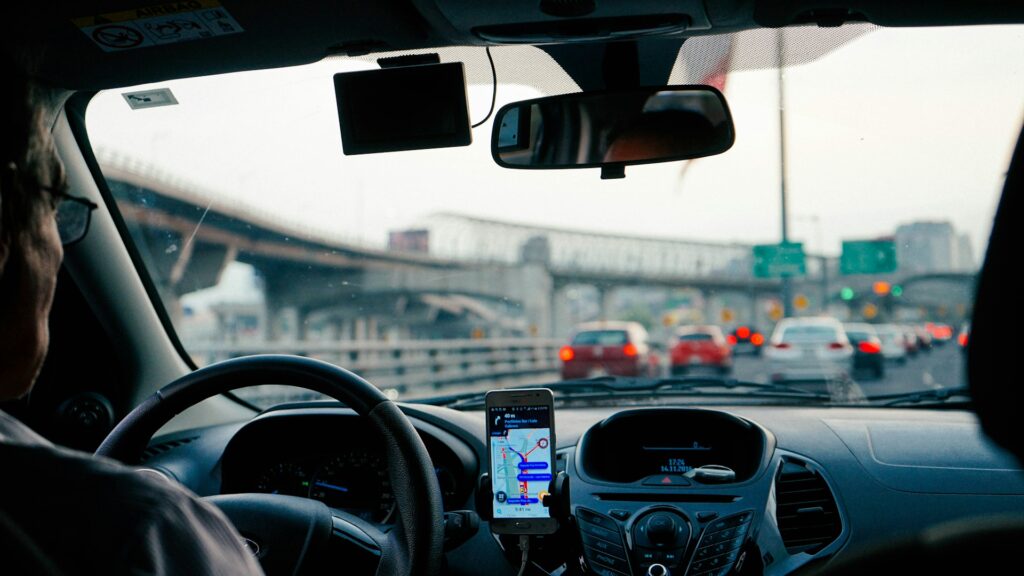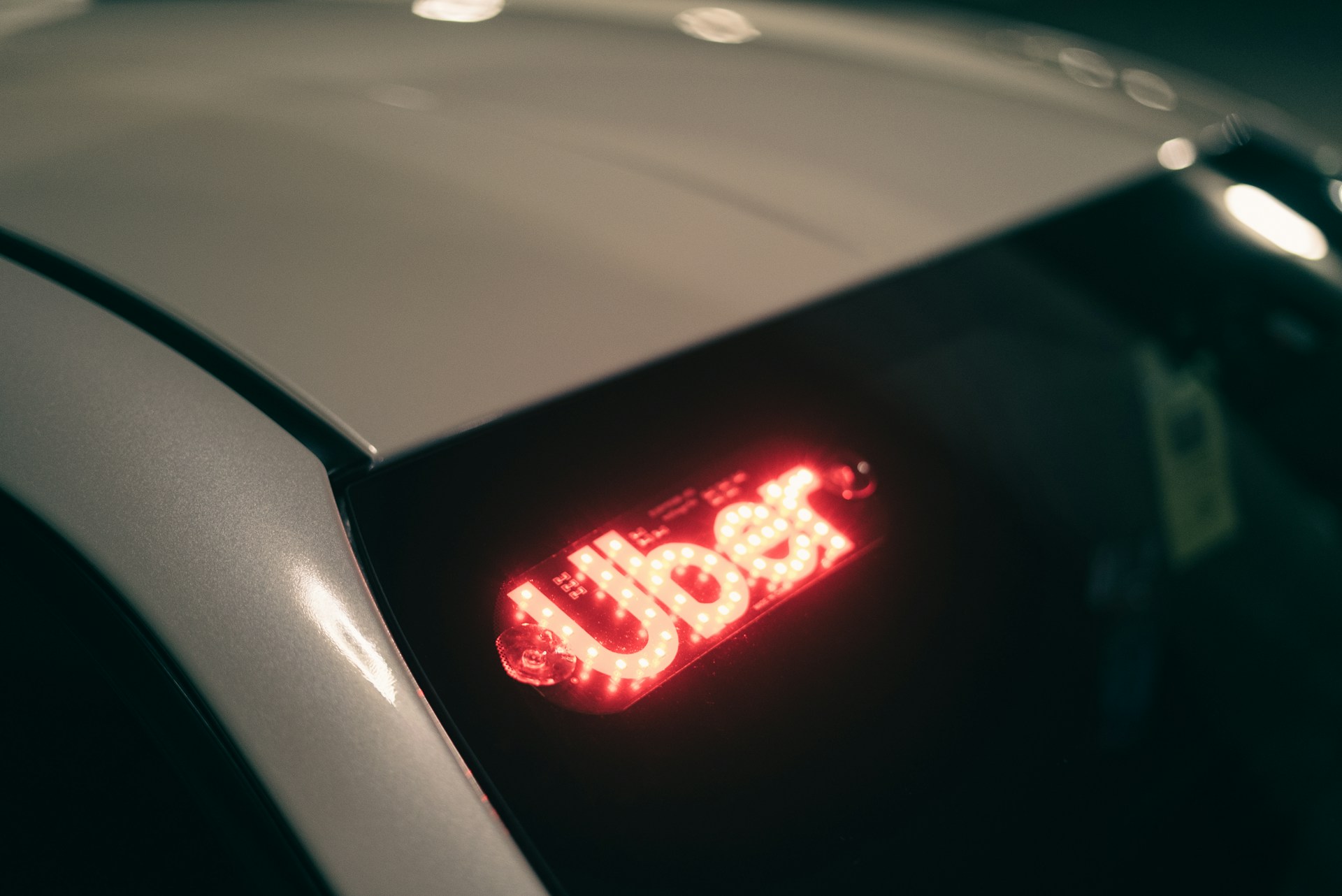In an age of shared economies and digital convenience, it might seem harmless to lend your Uber or Lyft account to a friend or even rent it out for some extra cash. However, what appears to be a simple act of sharing can unravel into a complex web of legal and financial nightmares, especially when an accident occurs. Before you consider handing over your login details, it’s crucial to understand the significant risks involved for both the account holder and the person behind the wheel.
Can I Use Someone Else’s Uber & Lyft Account? The Short and Resounding Answer is No.
Platforms like Uber and Lyft have stringent policies that require the individual driving the vehicle to be the registered and vetted account holder. This isn’t just a matter of company rules; it’s a fundamental aspect of their safety and insurance protocols. When you allow someone else to use your account, you are essentially stepping outside the protective umbrella of the company’s insurance coverage, leaving yourself and the unauthorized driver dangerously exposed.
The Insurance Black Hole of Account Sharing
A common question that arises is what happens in the event of an accident when an unauthorized driver is using someone else’s rideshare account. The consequences are severe and far-reaching, regardless of who is at fault.
As highlighted in a recent discussion on the topic, any form of misrepresentation to an insurance company can lead to a denial of coverage. If a driver is not listed on the policy or is not authorized to operate the vehicle under the rideshare platform’s terms, the insurance coverage is effectively voided. This means you are, for all intents and purposes, driving without insurance.
Uber and Lyft provide substantial insurance coverage, but this is strictly contingent on the authorized driver being behind the wheel. If you lend your account to someone else, and they get into an accident, Uber and Lyft are not obligated to cover the damages. They can rightfully claim that they have no knowledge of the individual driving and have not vetted them, therefore absolving themselves of any liability. This is a clear breach of your contract with the rideshare company.
A real-world case illustrates this peril perfectly. A driver who failed to maintain their primary personal insurance, a requirement under their agreement with a rideshare company, was denied coverage after an accident. The breach of contract with the platform nullified the insurance protection. The same principle applies to account sharing; it’s a direct violation that can leave you financially devastated.
A Cascade of Liability: Who Pays the Price?
Let’s consider a scenario where your friend, using your Uber account, causes an accident. The other party involved will not be limited to suing just your friend. They will likely pursue legal action against you as the account holder, and also against Uber or Lyft. While the rideshare giants will likely be able to extricate themselves by proving the driver was unauthorized, you and your friend will be left to face the legal and financial fallout.
Without the backing of rideshare or personal insurance, you could be facing a significant judgment against you. This could lead to liens on your property, garnishment of your wages, and a long-term financial burden. The seemingly small act of sharing your account can quickly escalate into a life-altering financial crisis.
The Risks Extend Beyond Driving
The potential for complications doesn’t end with car accidents. Imagine a scenario involving an Uber Eats or DoorDash delivery. If the person using your account is bitten by a dog while making a delivery, the path to compensation becomes murky. While a personal injury claim against the homeowner is a possibility, the lack of a direct employment relationship or valid insurance through the platform could complicate matters significantly. These delivery platforms classify their workers as independent contractors, and if the individual isn’t the authorized account holder, securing any form of compensation will be an uphill battle.

The Passenger’s Predicament
Even passengers are not immune to the ramifications of account sharing. If you are a passenger in a rideshare vehicle and an accident occurs, your ability to claim compensation can be affected if the driver is not the legitimate account holder. While you would still have a claim against the at-fault party, the complex legal battle that ensues between the unauthorized driver, the account holder, and the insurance companies can delay and complicate your rightful compensation.
In a situation where the rideshare driver is at fault, a passenger would typically have a claim against the driver and the rideshare company. However, with an unauthorized driver, the direct line to the rideshare company’s robust insurance policy is severed.
Before you consider the seemingly convenient option of sharing your Uber or Lyft account, weigh the substantial risks. The potential for catastrophic financial loss and legal liability far outweighs any perceived benefit. The message is clear: your rideshare account is for you and you alone. Sharing it is a gamble with stakes that are simply too high.


